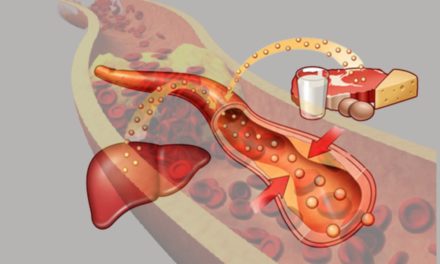The Silent Threat to Heart Health
Introduction:
Cardiovascular disorders, covering a range of conditions affecting the heart and blood vessels, are a major public health threat worldwide. As silent killers, these disorders often go unnoticed until they manifest as heart attacks, strokes or other life-threatening events. In this article, we explore the world of cardiovascular disorders, exploring their causes, symptoms, prevention strategies and available treatments. By increasing awareness and understanding, we can empower individuals to take proactive steps to protect their heart health.
1. Range of Cardiovascular Disorders:
Cardiovascular disorders include a wide range of conditions, such as coronary artery disease, high blood pressure (hypertension), heart failure, arrhythmias, and peripheral artery disease. These disorders collectively contribute to a substantial burden of disease and mortality globally.
2. Risk factors and causes:
Various factors contribute to the development of cardiovascular disorders. Some risk factors, such as age, gender, and family history, are beyond our control. However, modifiable risk factors, including smoking, unhealthy diet, physical inactivity, obesity, high cholesterol levels, diabetes, and stress, significantly affect the likelihood of developing these disorders. Understanding and addressing these risk factors is critical to preventing cardiovascular complications.
3. Symptoms and warning signs:
Cardiovascular disorders often have subtle or non-specific symptoms, making them difficult to identify in the early stages. Symptoms may include chest pain or discomfort, shortness of breath, fatigue, dizziness, palpitations, swelling of the hands and sudden weight gain. However, it is important to note that some individuals may not experience any symptoms until an acute episode occurs, emphasizing the importance of regular check-ups and health checks.
4. Prevention Strategies:
Prevention of cardiovascular disease relies on adopting a heart-healthy lifestyle and managing risk factors. The following strategies can significantly reduce the chances of developing these diseases.
- a Regular exercise: Engaging in physical activity for at least 150 minutes a week helps maintain heart health, improve blood circulation and strengthen heart muscles.
- b Balanced diet: Eating fruits, vegetables, whole grains, lean protein, and foods high in saturated and trans fats, sodium, and added sugars promotes heart health.
- c Quit smoking: Quitting smoking or avoiding second-hand smoke is very important to prevent cardiovascular disease.
- d Weight management: Maintaining a healthy weight reduces stress on the heart and reduces the risk of developing conditions such as high blood pressure and diabetes.
- e Stress management: Adopting stress-reducing techniques such as meditation, exercise, and engaging in hobbies can help protect cardiovascular health.
- f Regular health check-ups: Routine check-ups, blood pressure monitoring, cholesterol screening and diabetes management are essential to detect and manage heart risk factors.
5. Available treatments:
Treatment options for cardiovascular disorders depend on the specific condition and its severity. These may include lifestyle changes, medications to manage risk factors, interventional procedures such as angioplasty and stenting, bypass surgery, pacemakers or defibrillators such as pacemakers, and cardiac rehabilitation programs. Early diagnosis, prompt intervention, and adherence to prescribed treatment play an important role in reducing the effects of these diseases.
Result:
Cardiovascular diseases continue to be a global health challenge, affecting millions of lives each year. By understanding risk factors, recognizing warning signs, and taking precautions, individuals can take charge of their heart health. Public health initiatives, education, and access to quality health care are critical in reducing the prevalence and impact of cardiovascular disease. Together, we can strive toward a world where heart health is a priority, and the silent threat of cardiovascular disease can be overcome.
Healthy foodApples and pears, beets, carrots, citrus fruits, cloves, garlic, ginger, grapes, Indian gooseberries, oats, oily fish, olives, and canola oil, onions, parsley, seaweed, soy, cabbage, spinach, sweet potatoes, walnuts And almonds, wheat
Foods to AvoidAlcohol, cakes and biscuits, eggs, saturated fat, tobacco, sodium (salt), sugar










